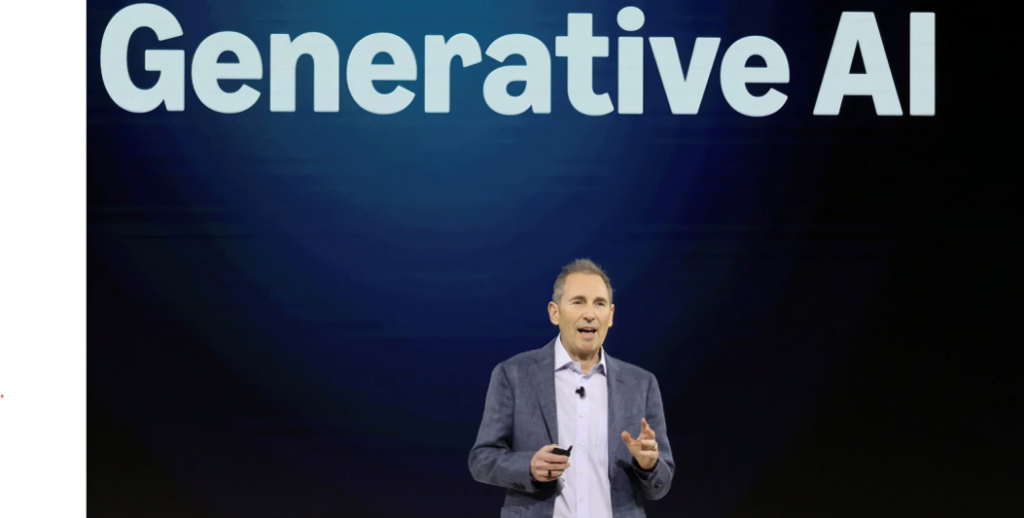
Amazon is intensifying its focus on generative artificial intelligence, testing new AI-powered tools in its e-commerce ecosystem. Recently, the company launched a shopping assistant and a health-focused chatbot to a select group of users, aiming to integrate AI more deeply into its retail, cloud computing, devices, and healthcare sectors.
The new features, which have appeared on Amazon’s app and website in recent weeks, are currently in a beta testing phase. An Amazon spokesperson confirmed that only some customers have access to these features.
The shopping assistant, known as Interests AI, allows users to describe their product interests in natural, conversational language. Users can input phrases like “coffee brewing gadgets” or “latest pickleball accessories,” and the AI will generate a curated list of relevant products. This feature is designed to provide a more conversational approach to product searches, separate from the traditional search bar on Amazon’s platform.
The Interests AI page on Amazon prompts users with suggested searches, such as “children’s books about persistence” or “brain teasers made of wood or metal.” The system uses large language models to convert everyday phrases into product search queries, but details on the exact models used are still unclear. Amazon has announced plans to roll out the feature to all U.S. users in the coming months.
In addition to Interests AI, Amazon is also testing a health-oriented chatbot called Health AI. This feature, available through Amazon’s website and mobile app, provides users with general health and wellness information. It offers common care options, suggests health products, and provides guidance for managing symptoms like cold or flu. The Health AI service, however, does not provide personalized medical advice. It does feature a “clinically verified” badge on some responses, indicating that the information has been reviewed by licensed clinicians in the U.S.
Health AI also directs users to Amazon’s online pharmacy and services from One Medical, the primary care provider Amazon acquired in 2022 for $3.9 billion.
The Health AI assistant uses Amazon’s cloud service Bedrock, which integrates both Amazon’s own AI models and third-party options. Amazon is collecting feedback from users and plans to introduce additional features based on this input.
As consumers become more comfortable using generative AI for shopping, Amazon sees these features as a way to differentiate itself from competitors like OpenAI’s ChatGPT. With increasing interaction with these AI tools, Amazon aims to collect valuable insights to improve future experiences, including its long-term plans to update Alexa.
The company recently announced Alexa+, a new version of its digital assistant enhanced with generative AI, capable of handling more complex tasks. Alexa+ could potentially leverage models used in Health AI and Rufus, Amazon’s shopping chatbot, to respond to specific queries, creating a seamless, integrated AI ecosystem across Amazon’s services.
As Amazon continues to invest in generative AI, these new tools are just the beginning of its push to reshape the shopping and healthcare experience.





